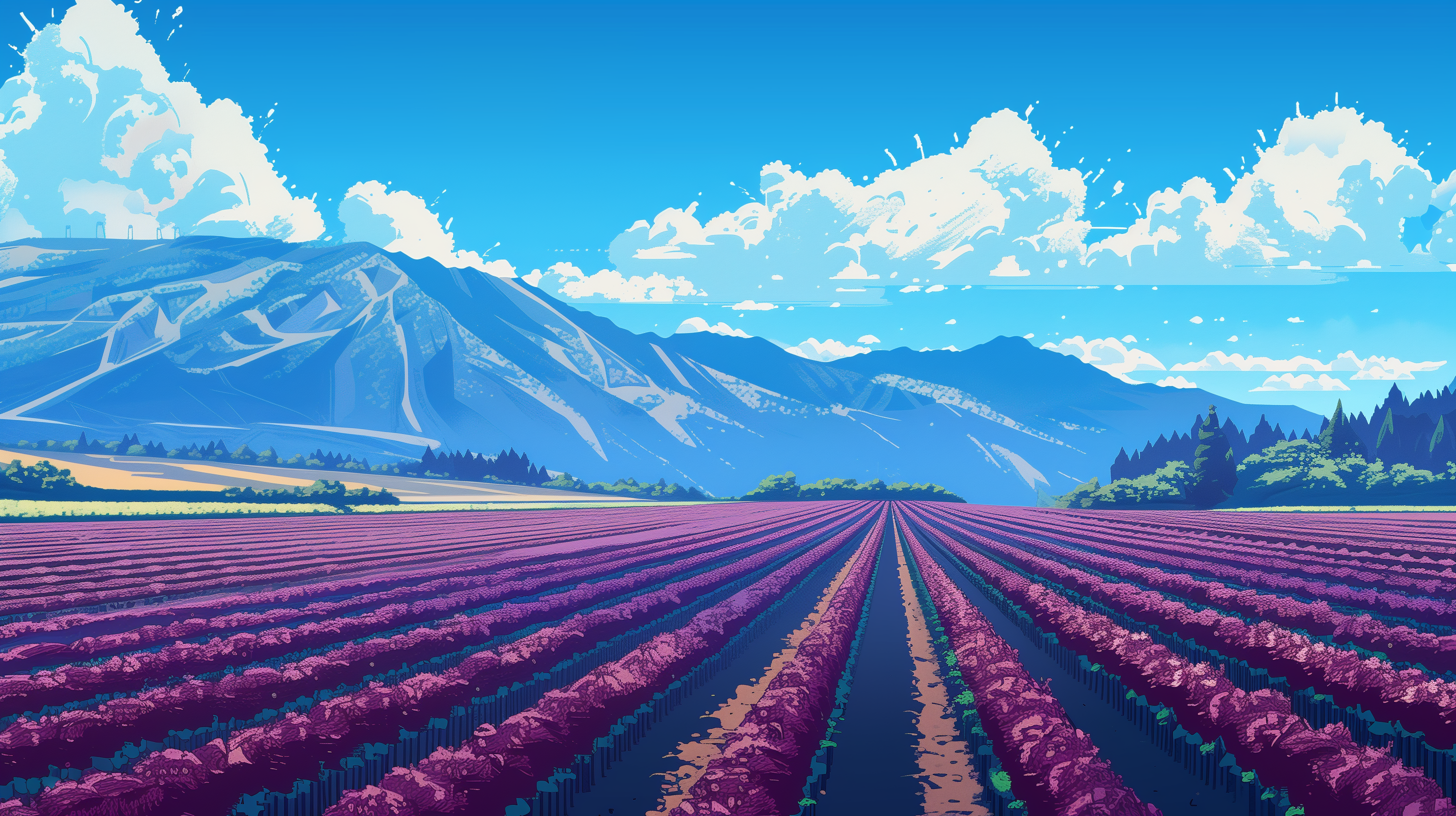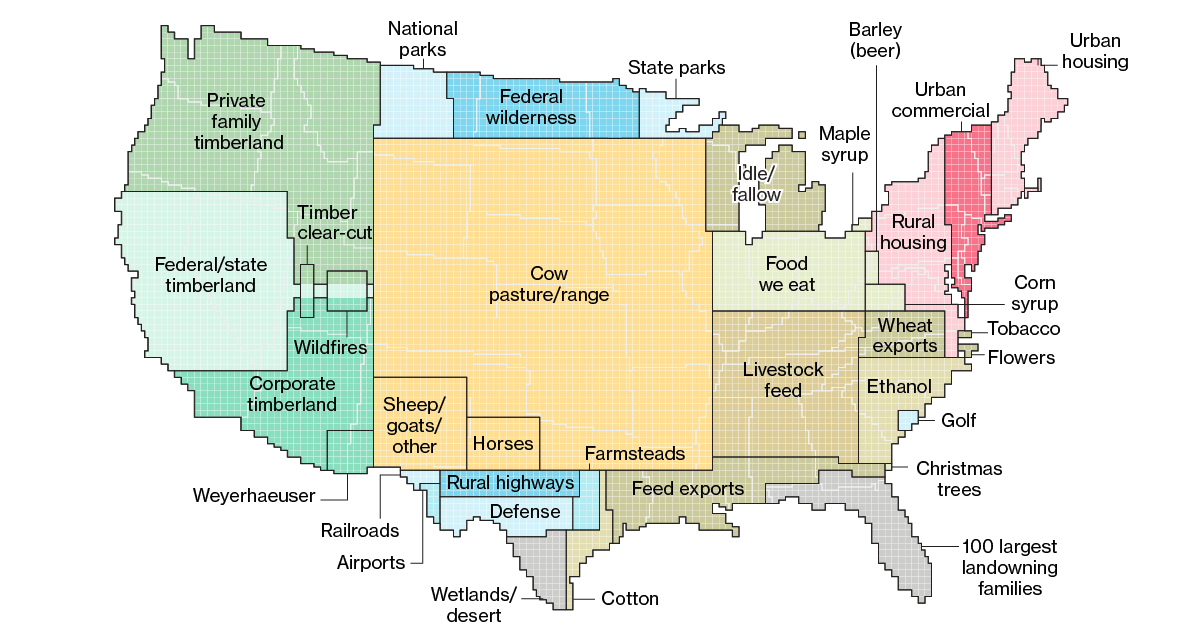Recent Discussion
“What the caterpillar calls the end of the world, the master calls a butterfly.”
― Richard Bach, Illusions: The Adventures of a Reluctant Messiah 🪶
Over the past four years, I've poured 3,800 original posts on human progress into The Up Wing group, garnering 4,000 members, tens of thousands of comments, and nearly two hundred thousand reactions. Over that time, the group showcased some of the best in progress, breakthroughs, and progress studies thought and content from across the globe. Unfortunately, today I've chosen to discontinue ongoing support for The Up Wing Facebook group indefinitely. The best posts will still be hosted on @tonymmorley Twitter/X, as well as The Up Wing Twitter/X, and on Linkedin.
The Up Wing Facebook group was an experiment in working toward collating progress content from...
The American school system, grades K-12, leaves much to be desired.
While its flaws are legion, this post isn’t about that. It’s easy to complain.
This post is about how we could do better.
To be clear, I’m talking about redesigning public education, so “just use the X model” where X is “charter” or “Montessori” or “home school” or “private school” isn’t sufficient. This merits actual thought and discussion.
Breaking It Down
One of the biggest problems facing public schools is that they’re asked to do several very different kinds of tasks.
On the one hand, the primary purpose of school is to educate children.
On whatever hand happens to be the case in real life, school is often more a source of social services for children and parents alike, providing food and safety...
Today we’re opening applications for the 2024 cohort of The Roots of Progress Blog-Building Intensive, an 8-week program for aspiring progress writers to start or grow a blog.
Last year, nearly 500 people applied to the inaugural program. The 19 fellows who completed the program have sung the program’s praises as “life-changing” and “accelerating my career path as a progress intellectual.” They’ve started new Substacks and doubled their writing productivity. They’ve written about urbanism, immigration, defense-tech, meta-science, FDA reform, blue-color jobs, NEPA, AI regulation, pharmaceutical innovation, and more.
Now, you can join this optimistic intellectual community. You will launch (or re-launch) a blog/Substack, get into a regular writing habit, improve your writing, and make progress on building your audience.
You will meet and learn from progress studies leaders, authors, and...
Some thoughts on an influential movement which sought land redistribution in 19th century Ireland which has some lessons for building progress oriented groups today. A cross post from my new blog at https://robertsreflections.substack.com/
Starting Up
Without the help of the people our exertions would be as nothing - Charles Stewart Parnell (1885)
Of all the political questions that Ireland has confronted, one stands out: who should own the land? This was the subject of a nineteenth century political campaign known as the Land League. This organisation’s thirteen-year existence encapsulates the themes of ten millennia of property ownership: hubris, courage, deceit, ambition and, most importantly, imagination. Changes to Ireland’s land ownership system, driven in part by the Land League’s campaign, hold key insights for the country’s economic development, as well as...
Researchers[1] suggest that genetically engineering crops to exhibit vibrant colors could revolutionize farming practices, potentially eliminating the need for herbicides by facilitating weed detection, as stated by scientists.
This strategy is deemed increasingly crucial as resilient, climate-resistant weed like crops are anticipated to be cultivated for food in the future, according to the authors of a report published in the journal Trends in Plant Science.

Lead author Michael Palmgren, a plant scientist from the University of Copenhagen, conveyed to the Guardian[2], “Modifications could involve features like hairs, leaf shapes, or emitted light at wavelengths beyond human vision. Anything that works on a large...
Perhaps the silliest response I got on How rich would 1 billion Americans be? were comments along the lines of:
“1 billion is far too many people for the U.S., where would they all fit?”
I’ve seen similar statements made elsewhere, and sometimes they get backed up by scaling up the U.S. population based on its population density. Since the population density is 37 people/km2, with 1 billion people that’s 2.7E7 km2, larger than the area of the United States.
But these kinds of arguments ignore how land actually gets used and how urban populations scale. Take a look at how land is used in the U.S:

My first takeaway from this is oh my god we use a lot of land for cows. My second takeaway is that urban land...
"If everyone agreed to become vegetarian, leaving little or nothing for livestock, the present 1.4 billion hectares of arable land (3.5 billion acres) would support about 10 billion people" - EO Wilson
[though limited hunting of deer/pigeons/waterfowl could be ok]
This piece of short fiction was originally published for The Elysian. Follow my work there.
Back in the 2020s, everyone was in a tizzy about population collapse. The thinking back then was that if we didn’t have enough children, they wouldn’t grow up and generate enough money, and the economy wouldn’t be big enough to do expensive things like cure diseases and build space colonies and come up with teleportation.
They tried everything to get us to procreate, but we just didn’t want to. Anyway, it was never more people we needed, but more money to fuel the economy and the innovations that economy might achieve. So when our population finally started declining in the 2100s, the government came up with a much better solution: they passed the “Spend...
What if our constitution was a Wikipedia page that any of us could edit, and trusted editors could then incorporate those edits as it made sense?
That was the idea behind “WikiCity,” a project proposed as the future of Singaporean government. Its creators imagined a world “where there is no editor and thus no central power, but it is most-critically self-activating and self-correcting by its own user community—its Citizens.”
Interestingly, Singapore might be more like that than any other country. After all, WikiCity was a response to their own question: “How should Singapore be governed in 10 years?” and it is one of many the country has crowdsourced from their citizens in order to “engage Singaporeans in reflecting on the different dimensions of governance and to work toward a...
I like the idea, and the spirit of trying new ideas and forms of government.
That being said, Wikipedia isn't without its own issues. The editorial hierarchy, like every bureaucracy, becomes rigid, brittle, and ossified over time. The predominant viewpoint becomes entrenched. And so on.
I very much believe that our representative democracy has grave flaws, and that a wiki-based form of direct democracy answers some of them. But how would you keep the system from being games? At some point, someone has to have the power to approve the edits, and the politicking to be that person becomes fiercer the higher the stakes involved.

Tony, I could take over operations of the group so that at least the progress movement has some meta presence. I agree with you general conclusion though...it's not a place for nuanced discussion. Message me on Facebook when you get a moment.